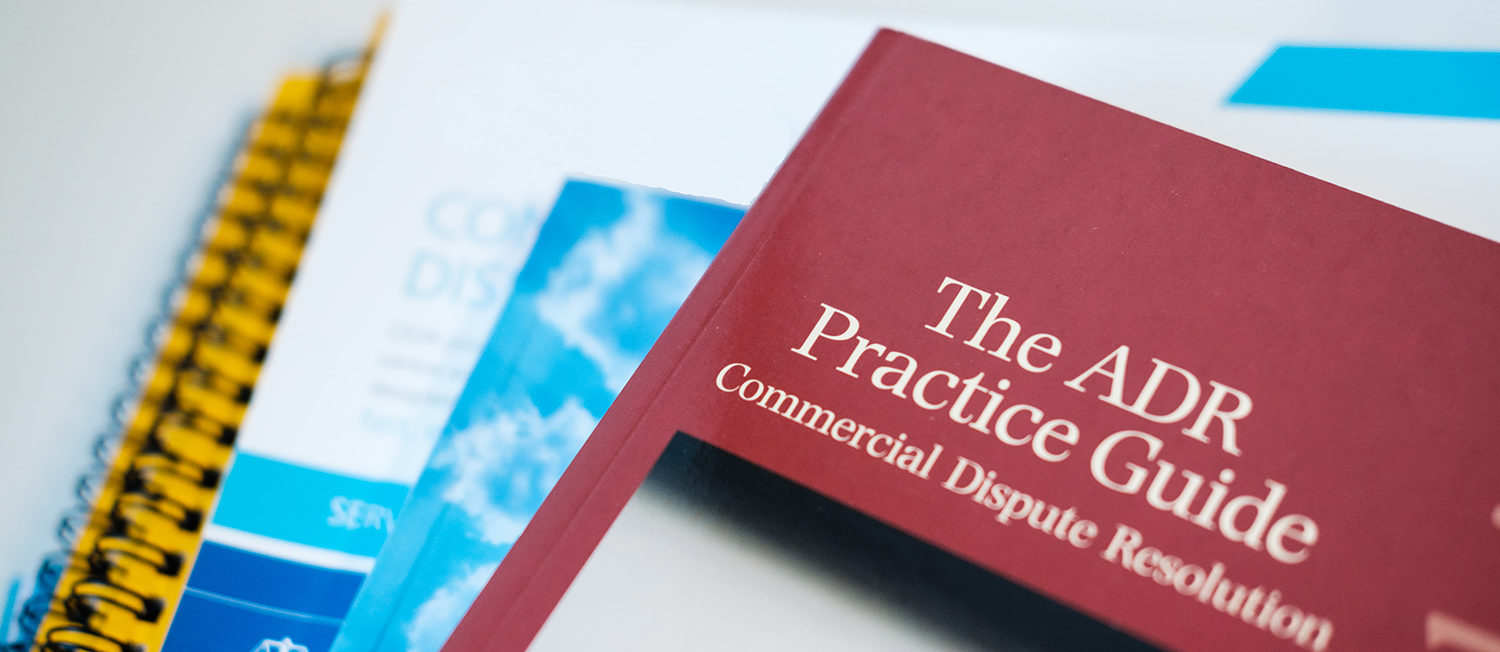Reinforcing the Effect of Dispute Resolution Clauses
by Tony Allen
A recent decision in the Technology and Construction Court has reinforced the binding nature of pre-agreed dispute resolution clauses (DRPs), but has also emphasised that any procedure imposed by such clauses must be clear and certain, by reference to objective criteria, including machinery to appoint a mediator or determine any other necessary step in the procedure without the requirement for any further agreement by the Parties.
So decided Joanna Smith J in Childrens Ark Partnerships Ltd v Kajima Construction (Europe) Ltd [2022] EWHC 1595 (TCC), applying for the most part (except on one important point) O’Farrell J’s decision in Ohpen Operations UK Ltd v Invesco Fund Managers Ltd [2019] EWHC 2246 (TCC).
Simplifying the facts of Childrens Ark, CAP had commissioned conversion works from KC to former hospital premises. A DRP clause required disputes to be referred to a “Liaison Committee” before proceedings could be validly commenced.
The limitation period was extended by agreement until a final cut-off date on 29 December 2021. CAP issued a claim form shortly before that date, but KC argued that this was invalid, as CAP had not complied with a condition precedent of referral to the Liaison Committee first.
KC sought to argue under CPR 11.1(a) that the court had no jurisdiction to try the case or – under CPR 11.1(b) if it had jurisdiction, it should decide in its discretion not to exercise its jurisdiction.
In parallel, KC also sought a strike-out order under CPR 3.4(2) (a) and (b) as disclosing no reasonable cause of action or as an abuse of process.
Smith J disagreed with O’Farrell J’s view in Ohpen that it is strictly necessary to go as far as having to establish that a DRP created a condition precedent. Authorities such as Channel Tunnel v Balfour Beatty[1] and Cable & Wireless v IBM apply.[2].
A mandatory requirement will suffice.
However, in the event Smith J construed the terms of this DRP as amounting to a condition precedent, but declined to accept that failure to observe its terms actually ousted the court’s jurisdiction.
The court could still be seized of the litigation and make orders, such as ordering a stay for ADR.
More fundamentally, however, Smith J found that this DRP clause did not comply with the requirements for clarity and certainty, and therefore CAP would not be penalised for non-compliance with its purported requirements.
Their issue of proceedings to protect their position on limitation was valid, and the court had normal jurisdiction to hear the case
Because of her decision about the inadequacy of the DRP clause, the remainder of Smith J’s decision is technically obiter, but in case of a successful appeal, she did add her view that CPR 11(1)(a) was not relevant in such cases.
CPR 11.1(b) applied, and the court did indeed have jurisdiction, and thus has discretion as to how it should be exercised.
Normally – and even in a case where proceedings were issued to avoid limitation, and even if the claim remained incapable of full and accurate quantification – that discretion will be exercised to order a stay for ADR, though such a decision may be fact-sensitive.
She would have ordered a stay on these facts, and would also have dismissed the applications for strike-out under CPR 3.4.
This decision is a reminder to all who draft DRP clauses to ensure that they embody a clear procedure which is capable of being initiated without difficulty, setting out a process by which a neutral such as a mediator can be selected straightforwardly.
The DRP in this case required reference to a Liaison Committee which was not fully representative of potential disputants, through a process that was found to be inadequate.
Colman J’s decision in Cable & Wireless v IBM that CEDR’s Model Mediation Procedure which was included in the DRP clause in that case did set out a clear and certain process remains significant.
CEDR’s Model Documents for ADR contract clauses can be found here.
[1] [1993] AC 334
[2] [2002]EWHC 2059 (Comm)



